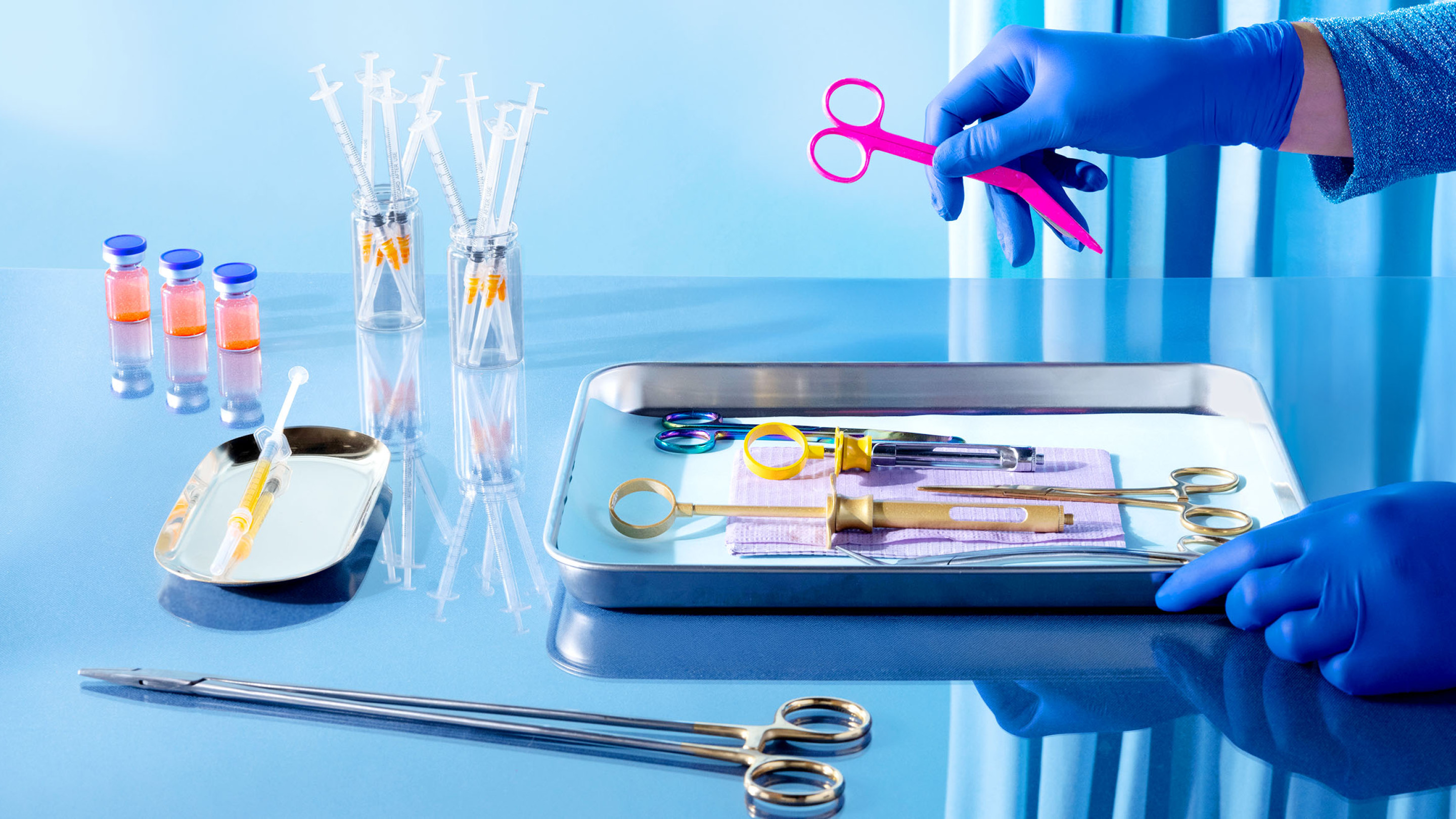
Nursing program
Make an impact
Join one of the most respected healthcare professions and turn your passion for helping others into a fulfilling career. The Sullivan University Nursing program gives you the opportunity to learn from experts who are not only specialists in their fields but also dedicated mentors. Through immersive hands-on experience, insightful theory grounded in the latest practices, and enriching clinicals at our Louisville and Lexington locations, you’ll gain the knowledge and skills to prepare for the NCLEX and become a compassionate and confident nurse.
Program paths
A.S. Nursing
A.S. Nursing (PN to ASN)
Practical Nursing Diploma
Get real-world ready with clinicals and labs with live simulations.
Small classes mean more focused learning.
Learn from specialists in their fields.
Complete your education sooner with our accelerated paths.
Showing 3 of 4
“It’s actually made life for my son and I much better, as far as being financially able to care for both of us. I have security, a lot of confidence, and it’s helped me move into a better stage in my life.”
Shannon Williams
College of Nursing
Request information
Complete this form, and an admissions representative will get back to you with more information.
Explore similar programs
Explore
similar programs
The Nursing program is part of Sullivan University’s College of Nursing, which is approved by the Kentucky Board of Nursing in addition to the University’s SACSCOC accreditation.
© 2025 Sullivan University. All Rights Reserved.

